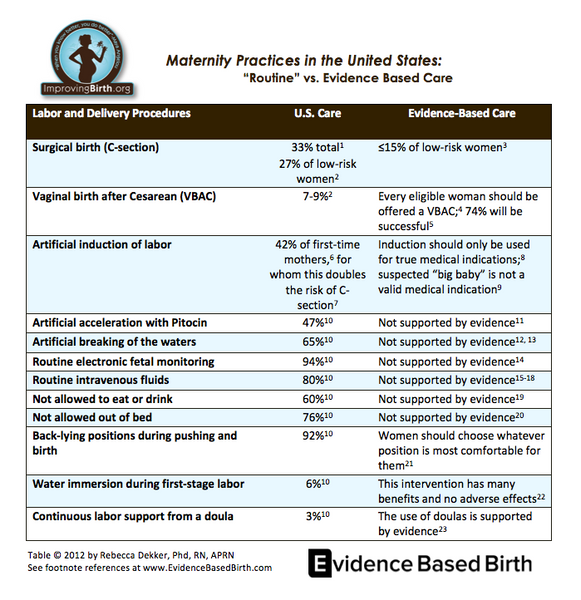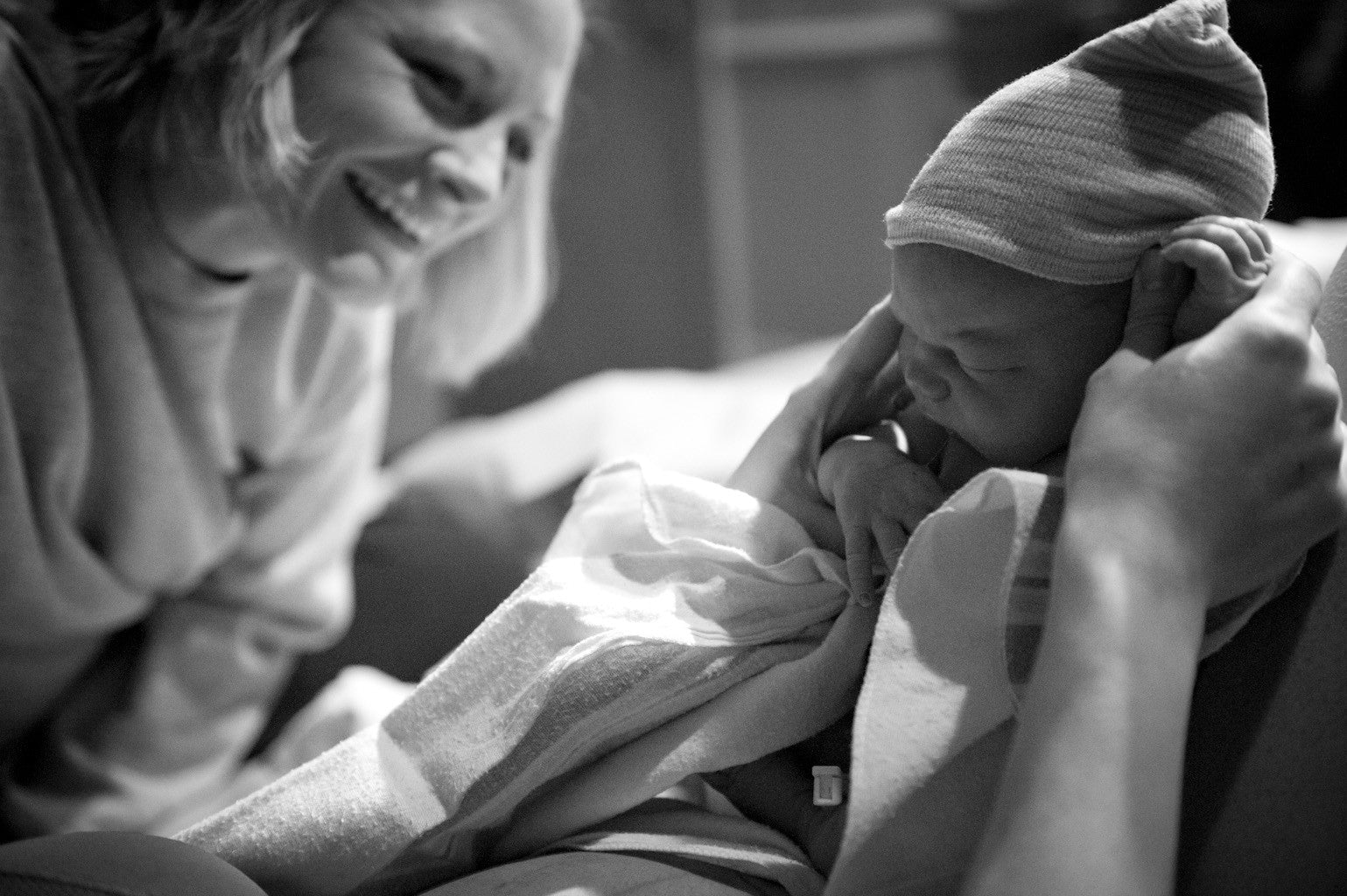
Doulas can play a huge role in the life of new and expecting moms. Here’s what Heather Charmatz of SF Birth Doula has to say.

1) What are some benefits of having a doula?
The role of a doula is really to facilitate a positive birth and postpartum experience. This comes from physical, emotional, and informational support. Evidenced Based Birth has a great research based list of benefits (which I have included below).
31% decrease in the use of Pitocin
28% decrease in the risk of C-section
12% increase in the likelihood of a spontaneous vaginal birth
9% decrease in the use of any medications for pain relief
14% decrease in the risk of newborns being admitted to a special care nursery
34% decrease in the risk of being dissatisfied with the birth experience
2) Why did you become a doula?
Birth is mysterious, beautiful, raw, wild, and humbling. I've always been fascinated with birth and was inspired by a friend's birth and a fellow doula sister that took me under her wing. Seeing parents meet their baby for the first time never gets old.
3) What’s the hardest part about being a doula?
Witnessing non-evidenced based medicine in practice, providers not asking for permission before acting (in non-urgent situations), and fear based practices that are heavily influenced by convenience, money, outdated information, hospital politics and liability insurance.
What are some examples of hospital practices that aren't evidence-based but that continue to pervade the medical system?
Delayed cord clamping is definitely one of them. So many DCC myths still prevail. I have found that most hospitals in SF are fairly progressive but there is always room for improvement. I would love to know why CPMC (Pacific Campus) is the only hospital in SF that doesn't routinely offer VBACS? Why do they have the highest episiotomy rates (10% vs 1-3%) and lowest breastfeeding rates? Evidenced Based Birth also highlights many of the current L&D issues that frequent hospitals. These include inductions for "big" babies, inductions for advanced maternal age, post date inductions, eating and drinking limitations during labor, prophylactic use of erythromycin eye ointment, failure to progress during pushing. There are so many!

4) Do you have any tips or recommendations for new moms?
Find a support system of great listeners and superb cooks! Surround yourself with friends, family and postpartum support that anticipate your needs and offer authentic non-judgmental parenting support.
How can moms and dads build the support system you describe if family is unable to help at this crucial time?
Professional postpartum doula support and friends are often incredibly helpful. Phone and Facetime support work wonders for a mom that just needs to talk about the postpartum rollercoaster and life as a new mom without feeling overwhelmed with in-person visits. Munchery, Good Eggs, Instacart and other food delivery services are also a huge help during those early weeks and months.
5) Can you talk a little bit about post-partum doula support and other resources for getting through those first amazing but also bewildering first weeks?
I'm not a postpartum doula myself, but used postpartum services when my little one was born. There are lots of wonderful resources for new moms in SF. Strong communities for support include Natural Resources, Community Well, and the Breastfeeding support group through UCSF (open to everyone in the community).
A postpartum doula offers a different type of support that is often hard to find with friends and family. They come to your home and help develop the skills needed to care for your infant while balancing the process of recovery, breastfeeding/ bottlefeeding relationship, loss of sleep and household chores. Postpartum doulas have worked with many families and many types of babies. A fantastic postpartum doula brings their bag of tricks, normalizes the wide variety of postpartum experiences, and eases the transition into parenthood.





0 comments